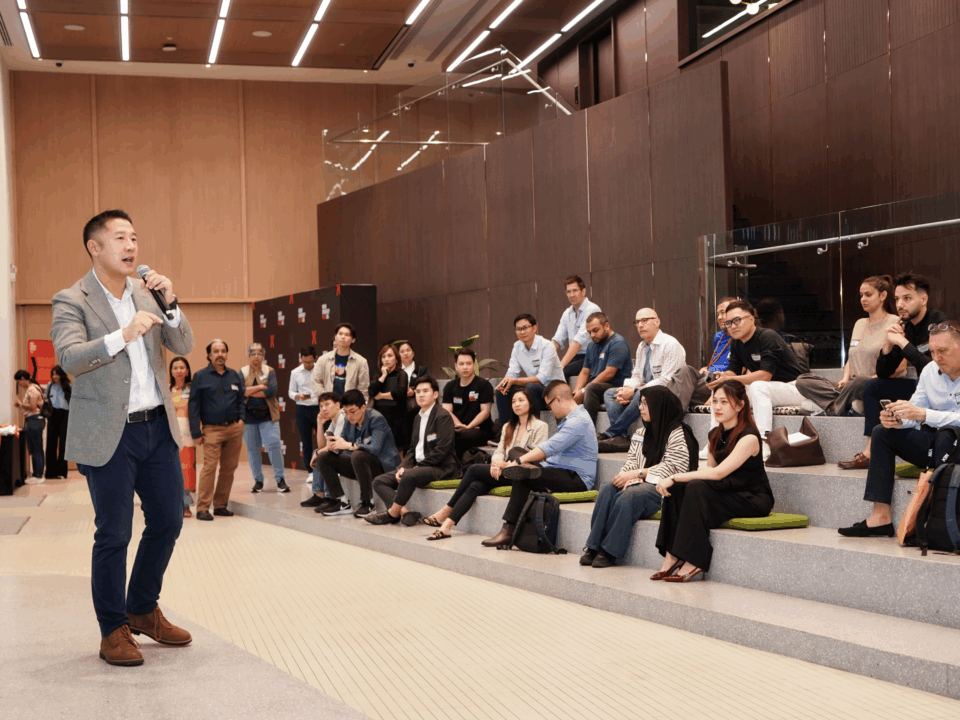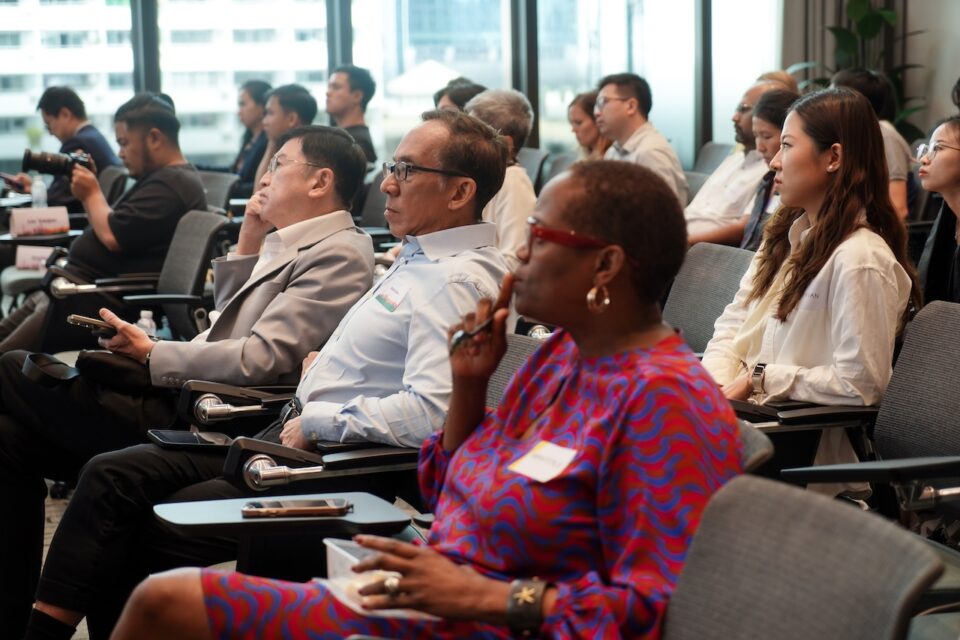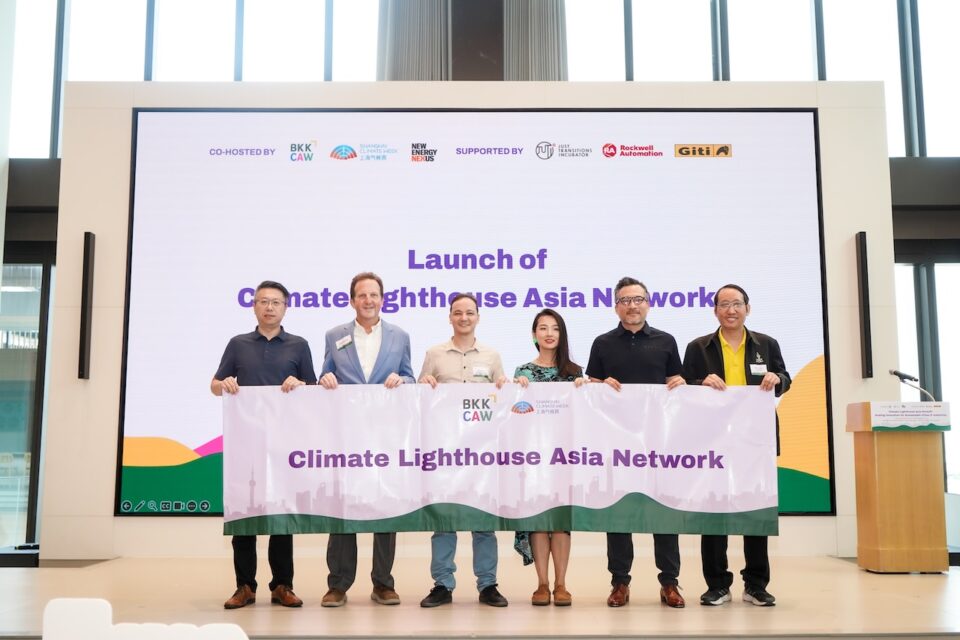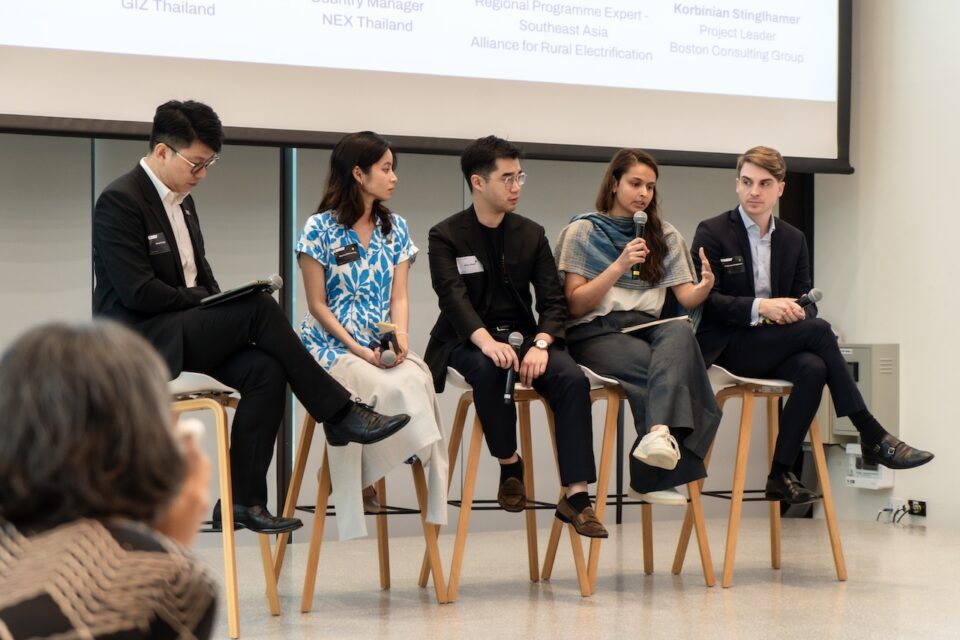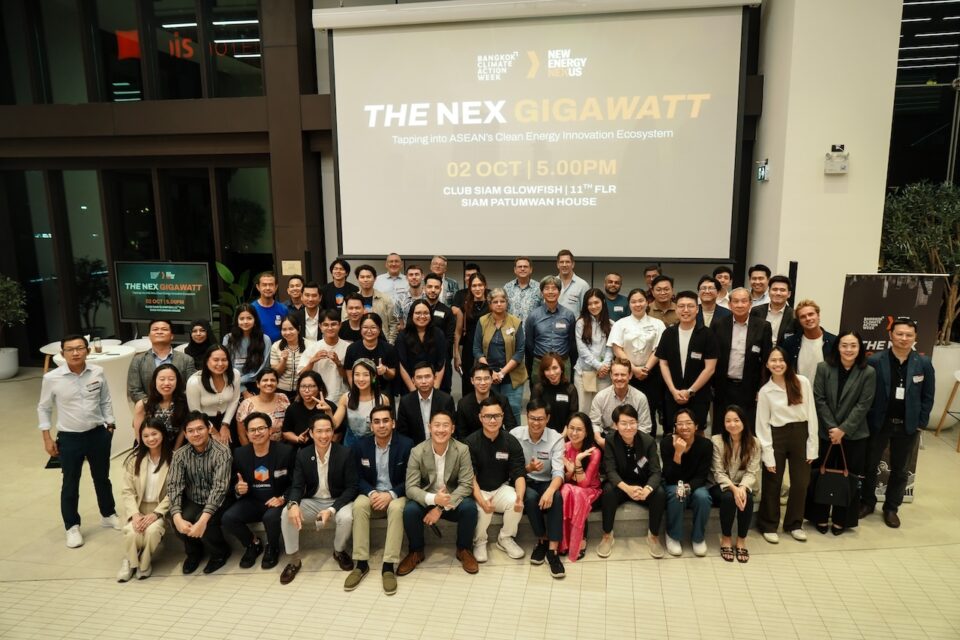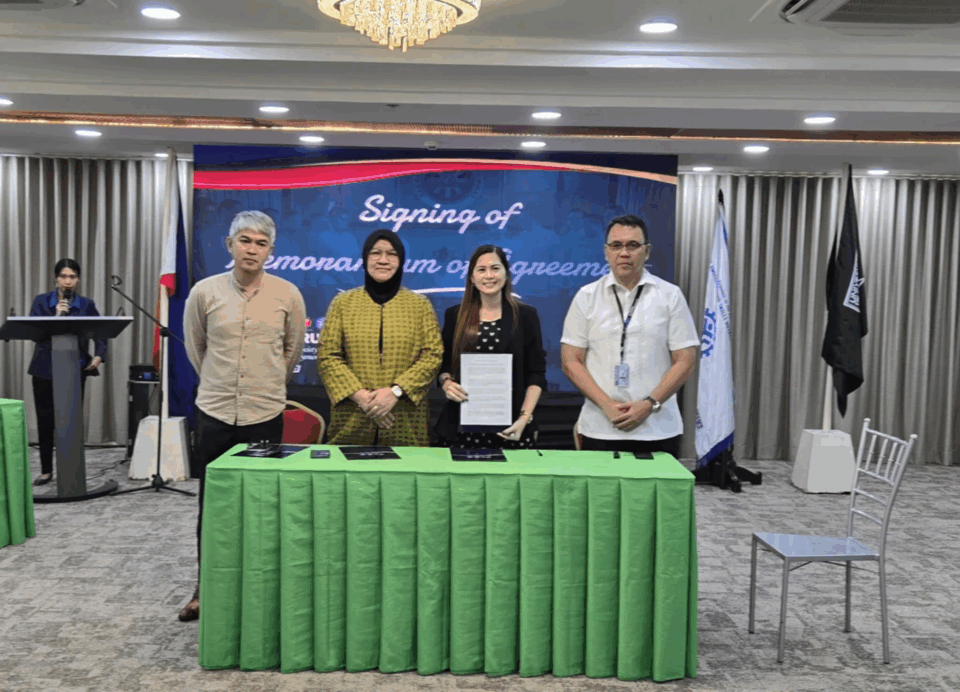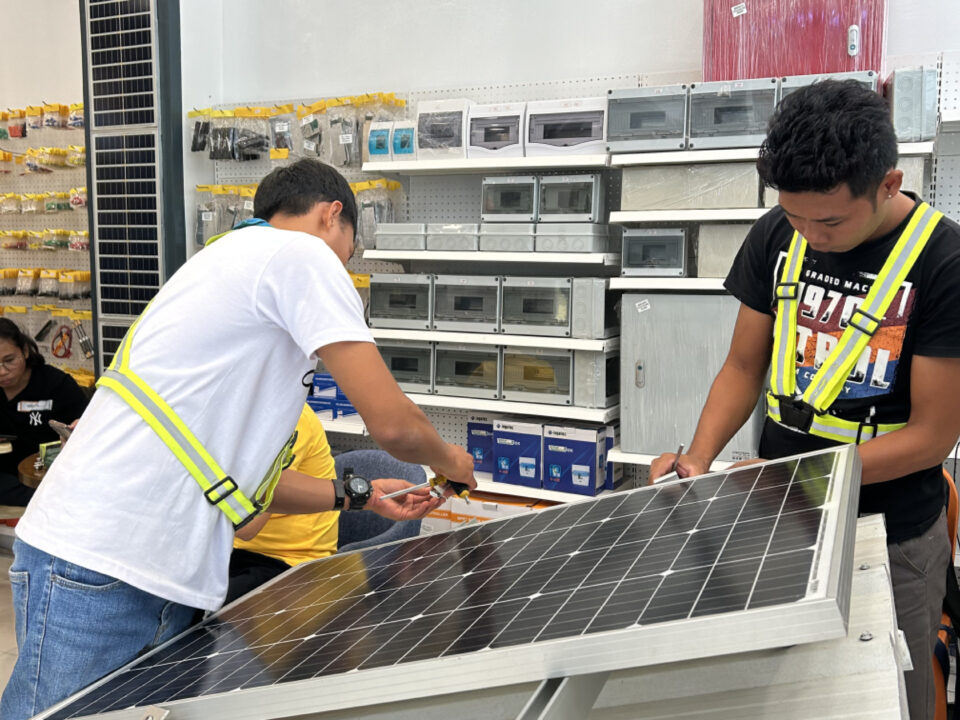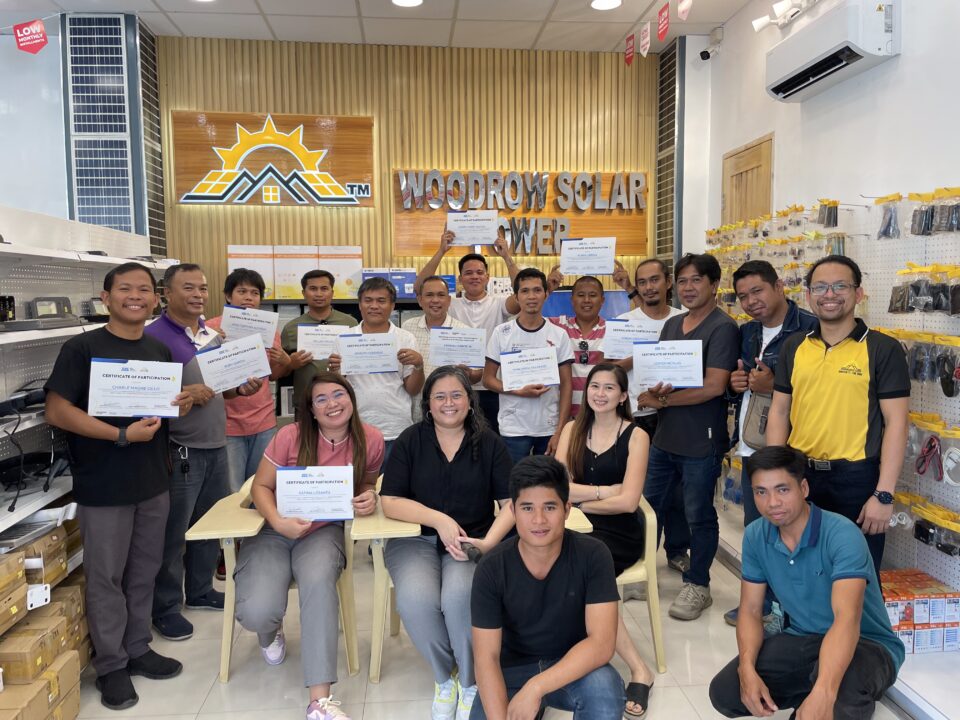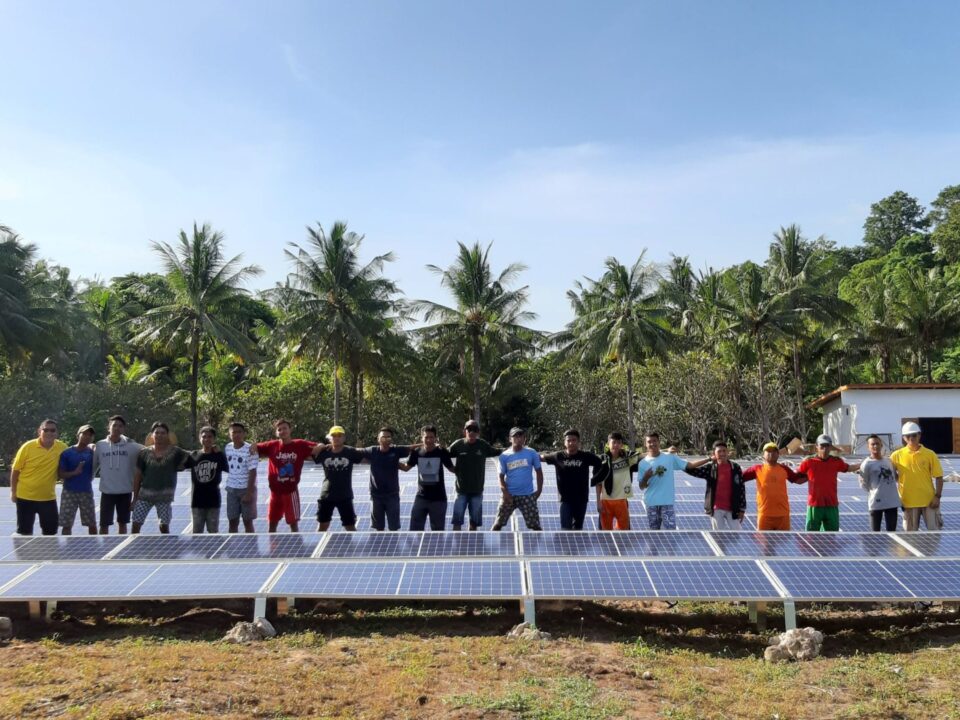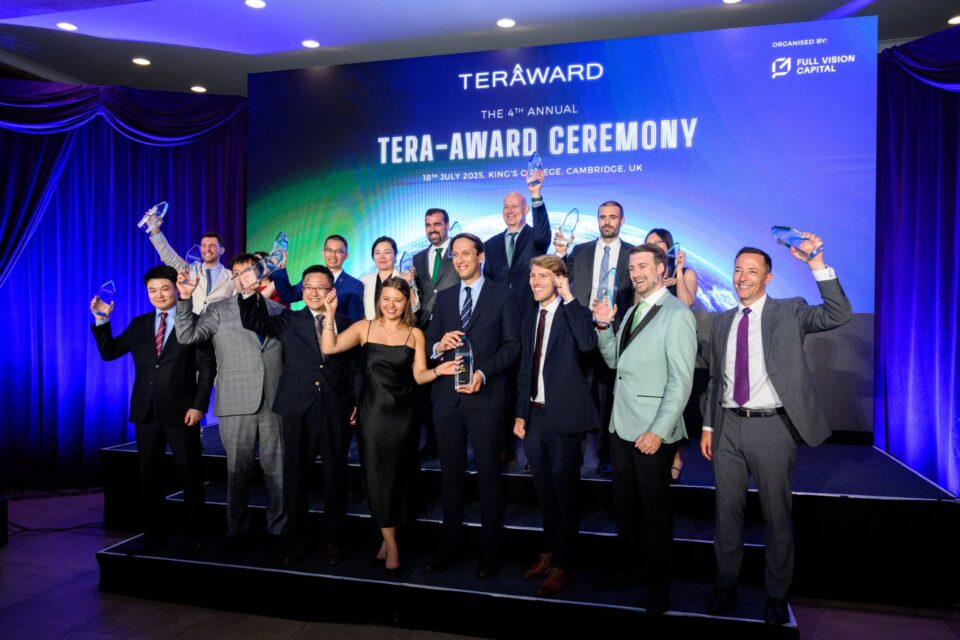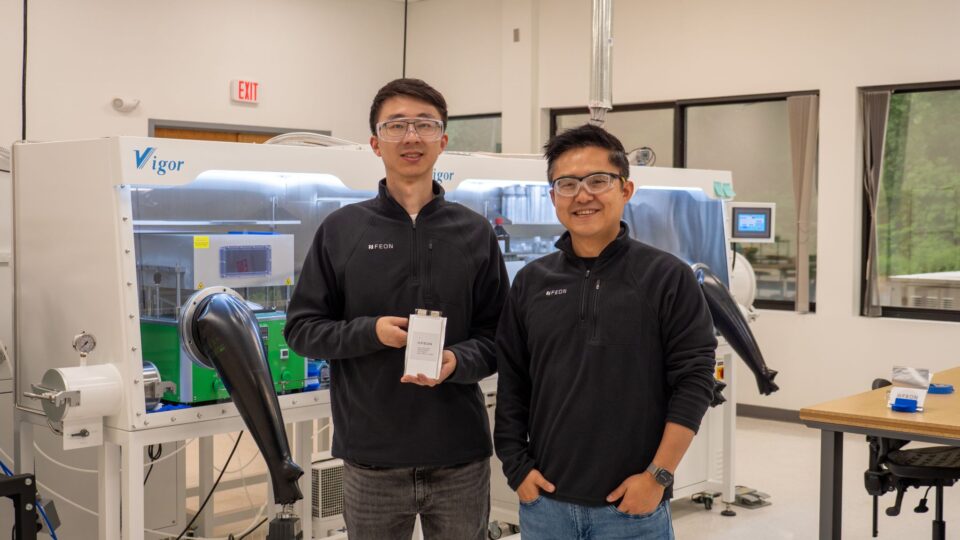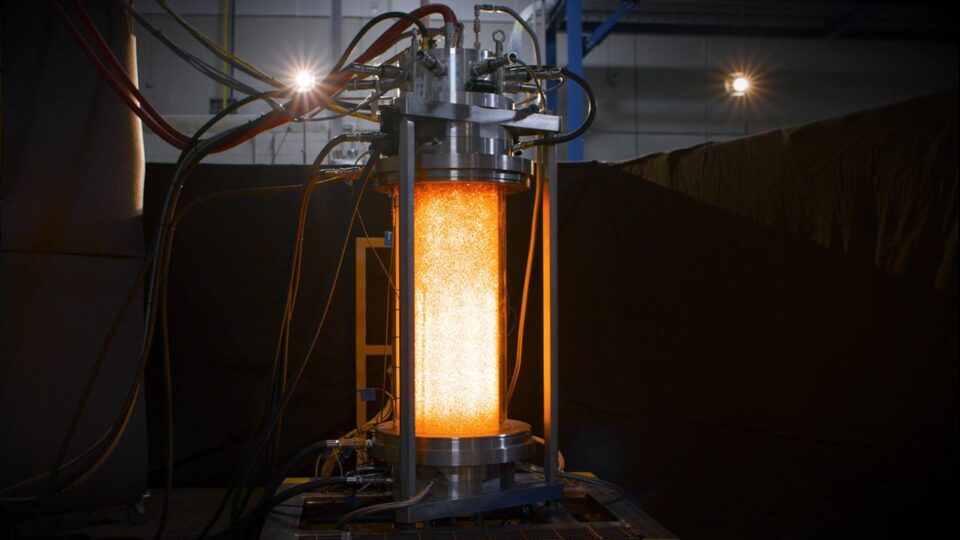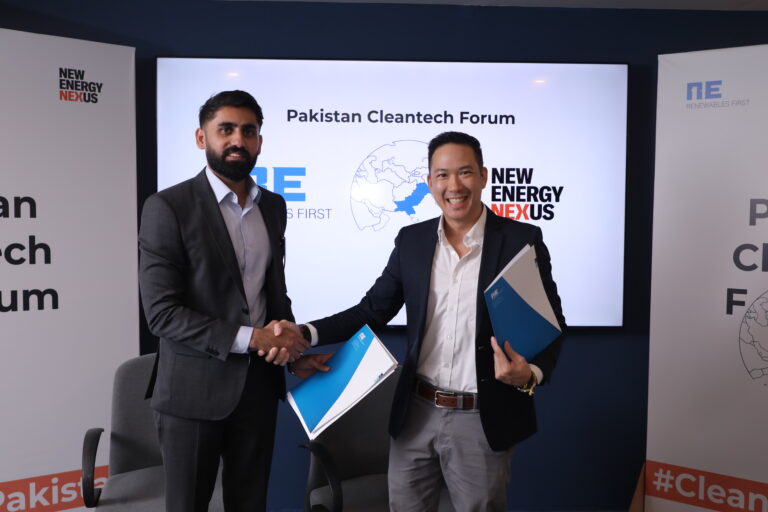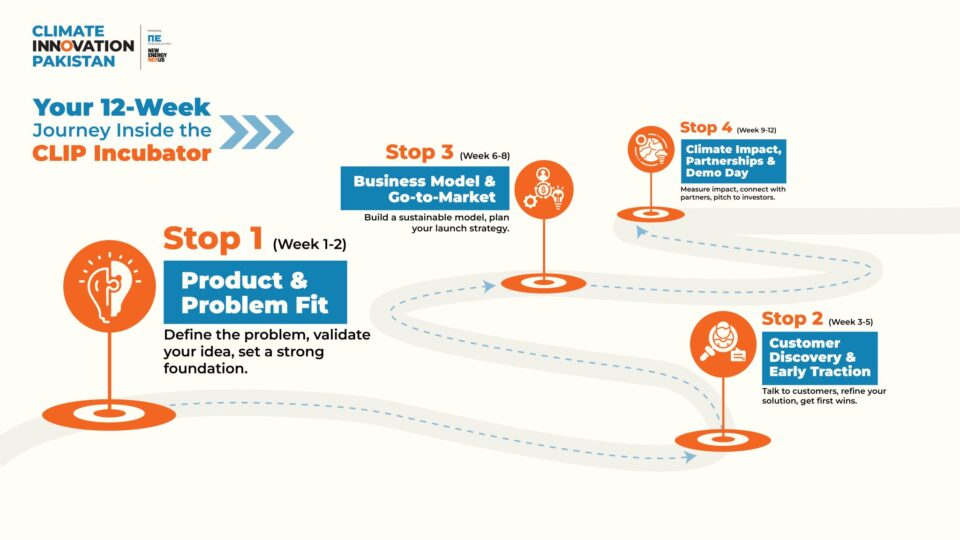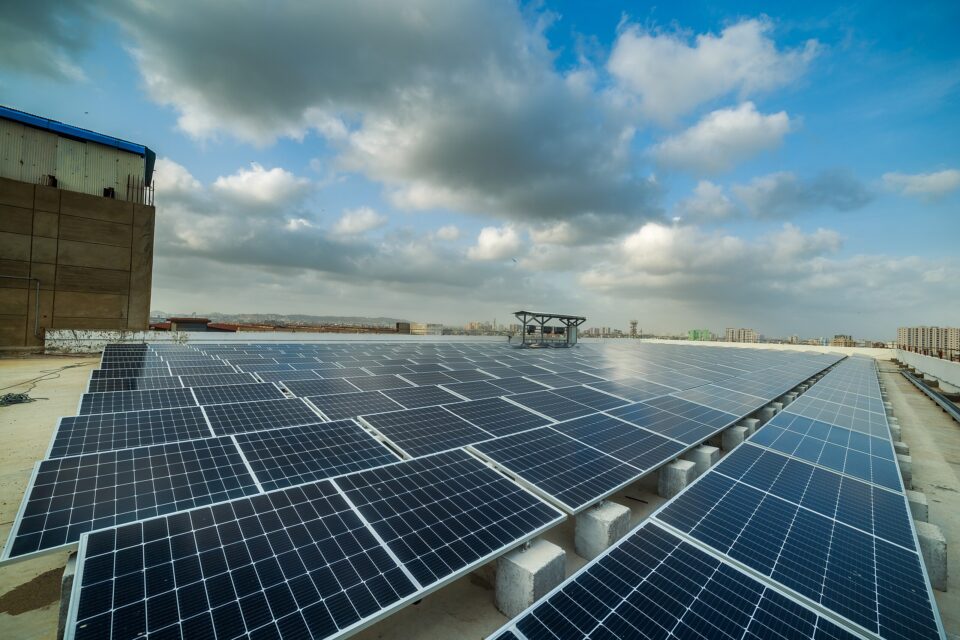Kate Chaney MP and Liz Thurbon PhD at the kick-off of Supercharge Australia Innovation Challenge #3
Sydney, Australia — Ten groundbreaking startups are leading the charge to build Australia’s next generation of battery manufacturing and electrification capability. These innovators form the core of Supercharge Australia Innovation Challenge #3, a flagship startup program by EnergyLab and New Energy Nexus designed to strengthen the nation’s lithium battery ecosystem from mining through advanced manufacturing and end-use applications to recycling.
The new cohort represents a comprehensive cross-section of Australia’s emerging battery value chain — combining materials science, manufacturing innovation, and large-scale applications that connect clean energy to industry, transport, and communities.
Kate Chaney MP, Federal Member for Curtin: “Only 4% of the $15B National Reconstruction Fund has been spent to date. We need to go faster, and I’m interested to know more about what startups can do, what’s blocking them, and how we can help them deliver for Australia and for the region.”
Professor Elizabeth Thurbon, Deputy Head of School (Research) in Social Sciences at UNSW and Director of the Green Energy Statecraft Project, shared her systems-level perspective, Asian region development research, and, in particular, her work with the CCTI (Clean Commodities Trading Initiative) with Oliver Yates:
“By contracting to be the first buyer at commercial scale of clean commodities, the federal government can split the commodity into two — a clean credit, and the actual commodity. They can sell or bank the clean credit and sell the underlying commodity on the open market. By making these commitments at scale, this will unlock final investment decisions on a range of critical clean materials projects for Australia,” said Professor Thurbon.
The 2025 Cohort: Ten Startups Stepping Up
Together, these ten startups span the full lithium battery value chain, covering:
- Novel critical-minerals processing technologies to decarbonise and increase production efficiency and sustainability — represented by Fluoromet, Lithionex, and Next-Gen Energy Technology.
- New business models and applications to remove barriers to EV adoption for medium- and high-density dwellers, accelerate large-scale distribution network storage, and drive heavy-transport electrification — led by Dovetail Electric Aviation, Terrafuse, Bigger Energizer, and UEG Energy.
- Advanced cathode and anode coating, cell manufacturing, and AI-based materials discovery to accelerate and decarbonise production — developed by Ultrapower Tech, GreenDynamics, and Advanced United Technologies.
Advanced United Technologies (ACT) – Xun Li and Dr. Huadong Mo are innovating in AI-enabled battery energy system manufacturing, management, recycling, and repurposing.
Bigger Energizer (VIC) – Led by Louis Ching and Zoe Chen, Bigger Energizer is building purpose-designed electric trucks for Australia’s waste industry.
Dovetail Electric Aviation (VIC) – Led by Davi Doral, Dovetail Electric Aviation develops certifiable battery and propulsion systems to retrofit existing aircraft for zero-emission regional flight.
Fluoromet Limited (NSW) – Phill Hall and Jane Hall, with Richard Simons, are using advanced minerals processing technology to liberate critical minerals from ores.
Green Dynamics (NSW) – Led by Tong Xie, Green Dynamics is leading the way in intelligent solutions for materials and chemistry, turning discovery cycles from years into months.
LITHIONEX (QLD) – Michael Wilson and Mike Hewitt are producing advanced ultra-high-purity lithium metal anode and precision foils from both primary and recycled sources.
Next-Gen Energy Technology (SA) – Led by Andrew Cooper, Next-Gen Energy Technology is producing advanced lithium battery cathode materials, made in Australia.
TerraFuse (NSW) – Founded by Jack Tan, TerraFuse is unlocking long-term, stable returns from shared EV charging infrastructure in multi-tenant buildings.
UEG Energy (NSW) – George Knight is deploying front-of-meter community batteries across Australia’s urban grid.
ULTRAPOWER TECH (SA) – Founded by Mahmoud Moussa, Ultrapower Tech is innovating in high-energy dry electrode-coating technology.
Each startup will now engage in a two-month program featuring mentor matching, pitch coaching, investor exposure, and opportunities to present at national energy events. Past cohorts in Supercharge Australia have collectively raised over $84 million in follow-on funding.
“The dynamic global battery and rare earth markets remind us why we must continue to invest in our capabilities. The physics of battery energy storage and electrification is undeniable. Australia’s stability, resources, and the Future Made in Australia framework position us to anchor battery and cell production not just for our nation, but for the broader region, and for the long term,” said Kirk McDonald, Project Manager for Supercharge Australia.
“The startups in this Supercharge Australia Innovation Challenge are pushing the boundaries of the lithium battery value chain. They are building the solutions we’ll need to power Australia’s prosperous renewable future — and we are excited to see what they achieve.”
Over the coming weeks, the cohort will refine their prototypes, strengthen their commercial strategies, and participate in workshops led by industry, academic, and investment experts. In November, they will present before a judging panel and a broader investor, policymaking, and peer audience at the Supercharge Australia Innovation Challenge Awards. The top team will win the opportunity to visit an international battery hub guided by New Energy Nexus, to further scale their global reach.
Australia’s role in the global clean energy transition
Australia stands at a pivotal moment in the global clean energy transition. With abundant critical mineral resources and world-leading renewable energy potential, the nation has a unique opportunity to capture more value from its natural advantages. The lithium battery sector lies at the heart of this transformation — linking resource extraction to advanced manufacturing, renewable storage, and electric transport.
Investing in this value chain builds manufacturing sovereignty, reduces reliance on imports, and supports national decarbonisation and export diversification goals. The global market for lithium batteries is projected to exceed $870 billion by 2032, driven by electric vehicles, grid storage, and industrial electrification. While Australia now produces over one-third of the world’s lithium, it captures less than one percent of the value it creates in battery manufacturing and downstream technologies. By fostering startups that advance processing, materials science, and application innovation, Supercharge Australia is helping the country move from exporting raw materials to creating high-value clean energy technologies at home.
As the National Battery Strategy (2024) highlights, batteries are “essential to our net zero ambitions… presenting one of the most significant manufacturing opportunities in a generation.” Prime Minister Anthony Albanese led this vision in 2022, stating that “Australia can be a renewable energy superpower — not just exporting raw materials, but manufacturing the batteries, the solar panels and the technology that the world needs.”
